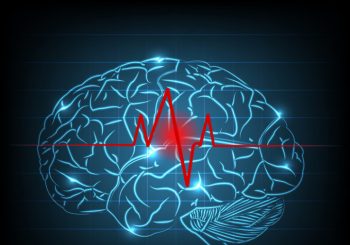
Navigating memory loss and dementia care can be challenging, and there’s often confusion surrounding the facts. To help families better understand this journey, we’re debunking some of the most common myths about dementia and Alzheimer’s care. At Millennium Memory Care, we’re dedicated to providing exceptional, compassionate care for individuals with memory loss. If you have questions about memory care or would like to learn more, don’t hesitate to reach out. By debunking these myths, we hope...
Read More
Read More









